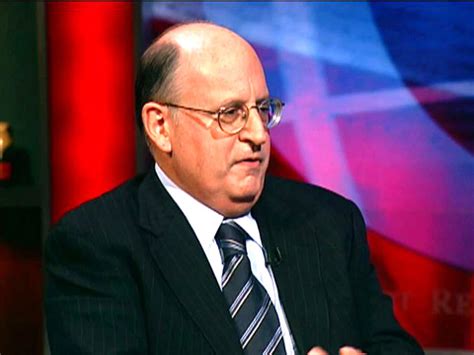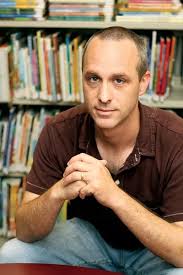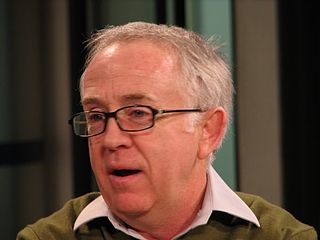A Quote by Sarah Polley
I've always known that I've wanted to write, but I always saw myself doing that in the context of something other than film, so it was a really beautiful and kind of perfect moment in my life when I realized that I could combine this idea of wanting to write and tell my own stories with the environment I had grown up in and knew well - that I could make film as opposed to writing being a departure from what I knew.
Quote Topics
Always
Beautiful
Being
Combine
Context
Could
Departure
Doing
Environment
Film
Grown
Had
I Realized
Idea
Kind
Knew
Known
Life
Make
Moment
My Life
My Own
Myself
Opposed
Other
Own
Perfect
Perfect Moment
Realized
Really
Really Beautiful
Saw
Something
Stories
Tell
Than
Up
Wanted
Wanting
Well
Write
Writing
Related Quotes
I knew what I wanted to do when I set out. I knew that I wanted to write a book that told the story, obviously. I wanted it be comedy first, because I felt like there already had been childhood druggy stories that were very serious, and I felt that the unique thing here was that I was a comic and I could tell the story with some levity, and I have been laughing at these stories my whole life.
No sooner had he thought this than he realized what was anchoring his happiness. It was purpose. He knew what he wanted to do. He knew the way he thought things should be, and Mr. Harinton was proving that other people--even adults--could feel the same way. Nicholas had something to aim for now. He might not know what he wanted to be when he grew up, but he knew with absolute certainty how he wanted to be.
I had a lot of great lakes of ignorance that I was up against, I would write what I knew in almost like islands that were rising up out of the oceans. Then I would take time off and read, sometimes for months, then I would write more of what I knew, and saw what I could see, as much as the story as I could see. And then at a certain point I had to write out what I thought was the plot because it was so hard to keep it all together in my head. And then I started to write in a more linear way.
During my career as a standup and actor, I realized it was very frustrating for me to get hired because Hollywood was hiring a different kind of brother, you know, and I was doing political humor... In order for me to really have a long career, I'm going to have to learn how to write and produce for myself... I had no idea I was really going to like it and I'm very fortunate to be successful. But the idea was to always eventually create something for myself. That was the idea from the beginning when I went into writing and producing.
Comparing 'Christmas Vacation' to 'It's A Wonderful Life' is the silliest thing. That film starred the greatest movie actor of all time, and the idea that our movie could ever be connected in some fashion to something so brilliant and beautiful always made feel like, 'That's all they had to write about?'
I knew I could only play Cyrano if he were Americanized. I had no intention of writing the script myself. I was afraid of it. You're playing with fire when you tamper with a classic. So I went looking for a writer. But it was such a personal idea, and anyone I would give it to would make it his own. It's hard to ask Neil Simon to write your idea.
At 13 years old, I realized I could start my own band. I could write my own song, I could record my own record. I could start my own label. I could release my own record. I could book my own shows. I could write and publish my own fanzine. I could silk-screen my own T-shirt. I could do this all myself.
I never intended to have a career as a journalist, writing about people who make movies. I did it as something that was really rewarding to do, given the opportunity to express myself about something I cared about, and also to learn a lot by watching filmmakers I admired. In a sense, it was my film school. After doing it for a few years, I decided that the time had come to get it together and do some work of my own. Even for a cheap movie, you need film stock and equipment and actors. Whereas to write, all you need is paper and an idea, so I felt that writing might be my stepping stone.




































